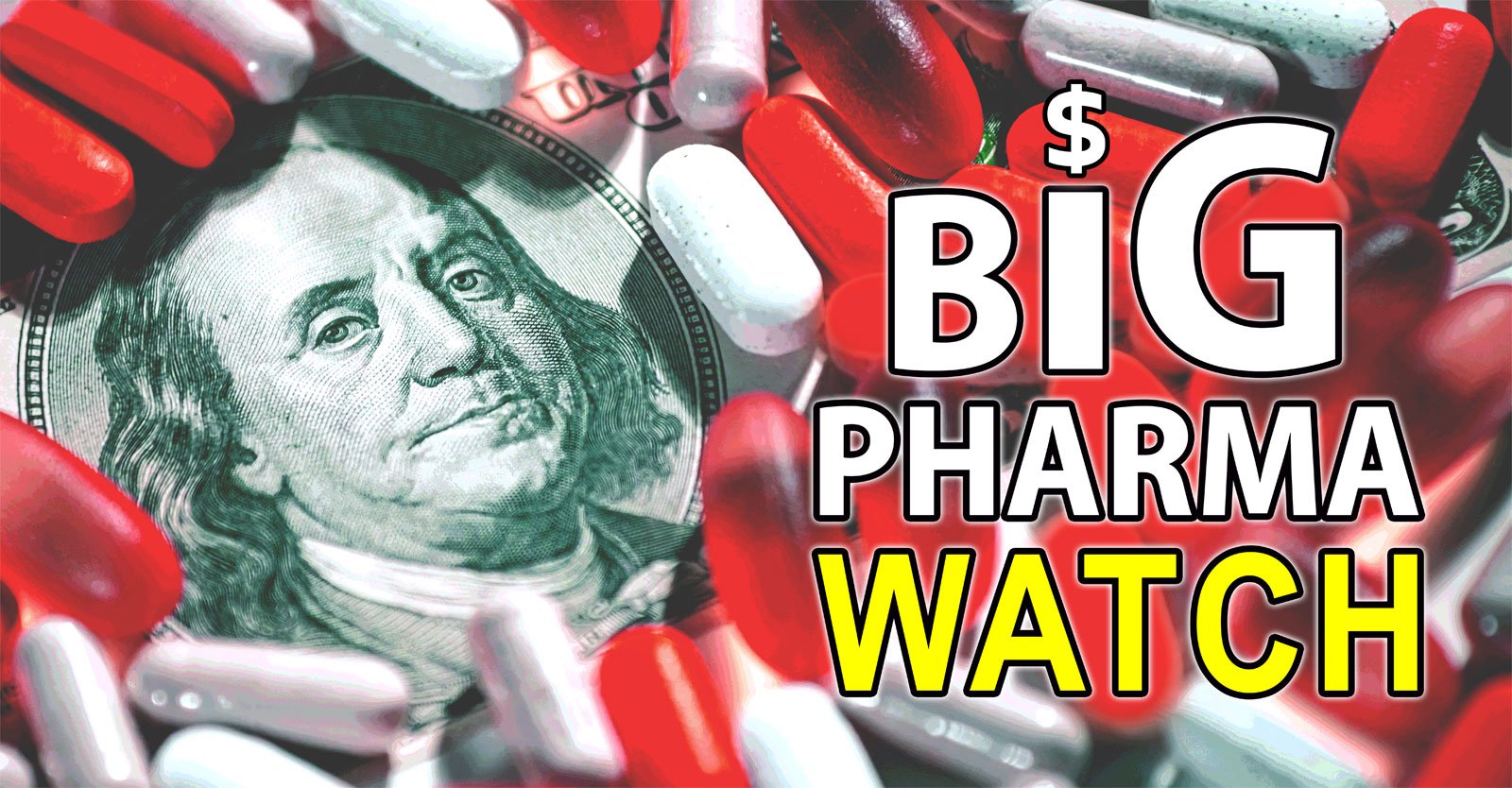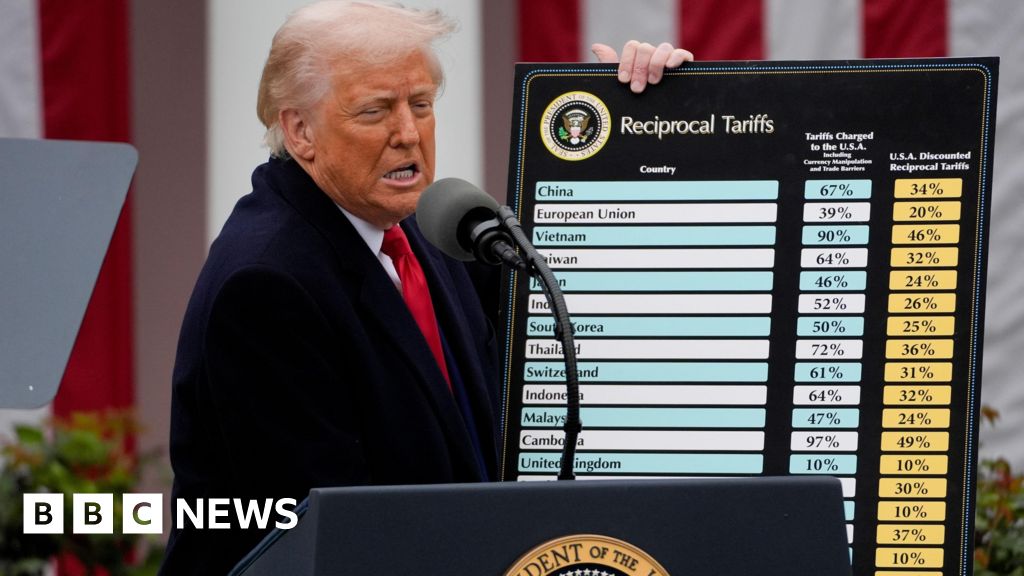Pfizer COVID-19 Vaccine Sales Tumble After Government Guidance on the Shots Narrows + More

Source: Children’s Health Defense
Pfizer COVID-19 Vaccine Sales Tumble After Government Guidance on the Shots Narrows
The fall COVID-19 vaccine season is starting slowly for Pfizer, with U.S. sales of its Comirnaty shots sinking 25% after federal regulators narrowed recommendations on who should get them. Approval of updated shots also came several weeks later than usual, and Pfizer said Tuesday that hurt sales as well.
Many Americans get vaccinations in the fall, to get protection from any disease surges in the coming winter. Experts say interest in COVID-19 shots has been declining, and that trend could pick up this fall due to anti-vaccine sentiment and confusion about whether the shots are necessary.
The Centers for Disease Control and Prevention last month stopped recommending COVID-19 shots for anyone, instead leaving the choice up to patients. The government agency said it was adopting recommendations made by advisers picked by U.S. Health Secretary Robert F. Kennedy Jr.
Hundreds of Pregnancy Drug Victims Call for Public Inquiry Into ‘Silent Scandal’
DES Justice U.K. is made up of more than 300 people affected by diethylstilbestrol, a synthetic form of the female hormone estrogen, commonly known as DES. It was prescribed to pregnant women from 1940 to the 1970s to prevent miscarriage, premature labour and complications of pregnancy.
The drug was also used to suppress milk production, emergency contraception and to treat menopausal symptoms. But in 1971, researchers linked DES exposure to a type of cancer of the cervix and vagina called clear cell adenocarcinoma.
That led U.S. regulators to say the drug should not be prescribed to pregnant women.
But DES, also linked to other cancers including breast, pancreatic and cervical, continued to be prescribed to pregnant women in Europe until 1978.
With Acquisition, Kimberly-Clark Bets That Tylenol Can Weather the Storm
In deciding to buy the company behind Tylenol, the consumer products giant Kimberly-Clark is betting that the product can withstand an extraordinary attack from President Trump and his administration. Top officials have singled out Tylenol, making unproven claims that the use of acetaminophen products during pregnancy can cause autism.
The Trump administration’s allegations have helped prompt Texas to sue Kenvue, the maker of Tylenol, last week, the first such lawsuit by a state. They could potentially breathe new life into lawsuits filed by hundreds of plaintiffs in state and federal courts by families who claim their children developed neurodevelopmental disorders, including autism and ADHD, after acetaminophen use during pregnancy.
The furor has created a public-relations and financial nightmare for Kenvue, a two-year-old spinoff that absorbed Johnson & Johnson’s consumer health brands. In addition to Tylenol, Kenvue sells other well-known products including Band-Aid, Listerine, Neutrogena and Johnson’s Baby Shampoo.
In July, Kenvue said it was reviewing its strategy to improve its financial performance. Talks with Kimberly-Clark and other prospective suitors began after that, three people familiar with the negotiations said. Kimberly-Clark had long been interested in Kenvue’s business, given the prestige of brands like Band-Aid, the overlap in target customers and the potential to streamline costs, two of the people said.
Novo Nordisk Spent Millions on Weight Loss Searches That Took People to Its Ozempic Website, Analysis Found
Over a recent two-year period, Novo Nordisk spent an estimated $7.5 million on more than 15,000 paid keywords related to weight loss searches and generated more than 2.4 million visits to Ozempic.com, even though the medicine is not approved to combat obesity, a new analysis found.
Notably, more than 3,500 keywords contained no mention of the medicine, which is approved to treat diabetes, including misspellings of the drug name. Meanwhile, nearly $500,000 was spent by the company on weight loss-related terms, such as “Ozempic for weight loss” and “Ozempic weight loss,” according to the analysis published in JAMA.
The researchers contended this is a form of digital marketing that has not been previously documented and, moreover, that the findings underscore how pharmaceutical companies can influence consumer behavior and “potentially circumvent traditional advertising regulations through strategic keyword purchasing.”
Trump Negotiating Deal With Ozempic Maker to Sell Some Weight-Loss Drugs for $149
The Wall Street Journal reported:
The Trump administration is negotiating a deal with weight-loss drugmakers Eli Lilly increase; green up pointing triangle and Novo Nordisk decrease; red down pointing triangle that would allow the lowest doses of some of their obesity drugs to be sold to consumers at $149 for a month’s supply via TrumpRx, according to people familiar with the matter.
The deals would also result in Medicare and Medicaid covering the drugs for weight loss, the people said, which would be a boon to the companies. The discussions are still ongoing, but if agreements are finalized, President Trump is expected to announce them Thursday morning at the White House, alongside pharmaceutical executives, the people said.
TrumpRx is a website the administration plans to launch in coming months that will make drugs available at prices negotiated by the government. The agreement would allow Medicaid coverage for the popular but pricey drugs known as GLP-1s, including bestsellers Wegovy and Zepbound, to treat obesity. And it would require Medicare to cover the drugs for obese people who are also at high risk of other health problems, the people familiar with the matter said.
Recent Top Stories
Sorry, we couldn't find any posts. Please try a different search.











